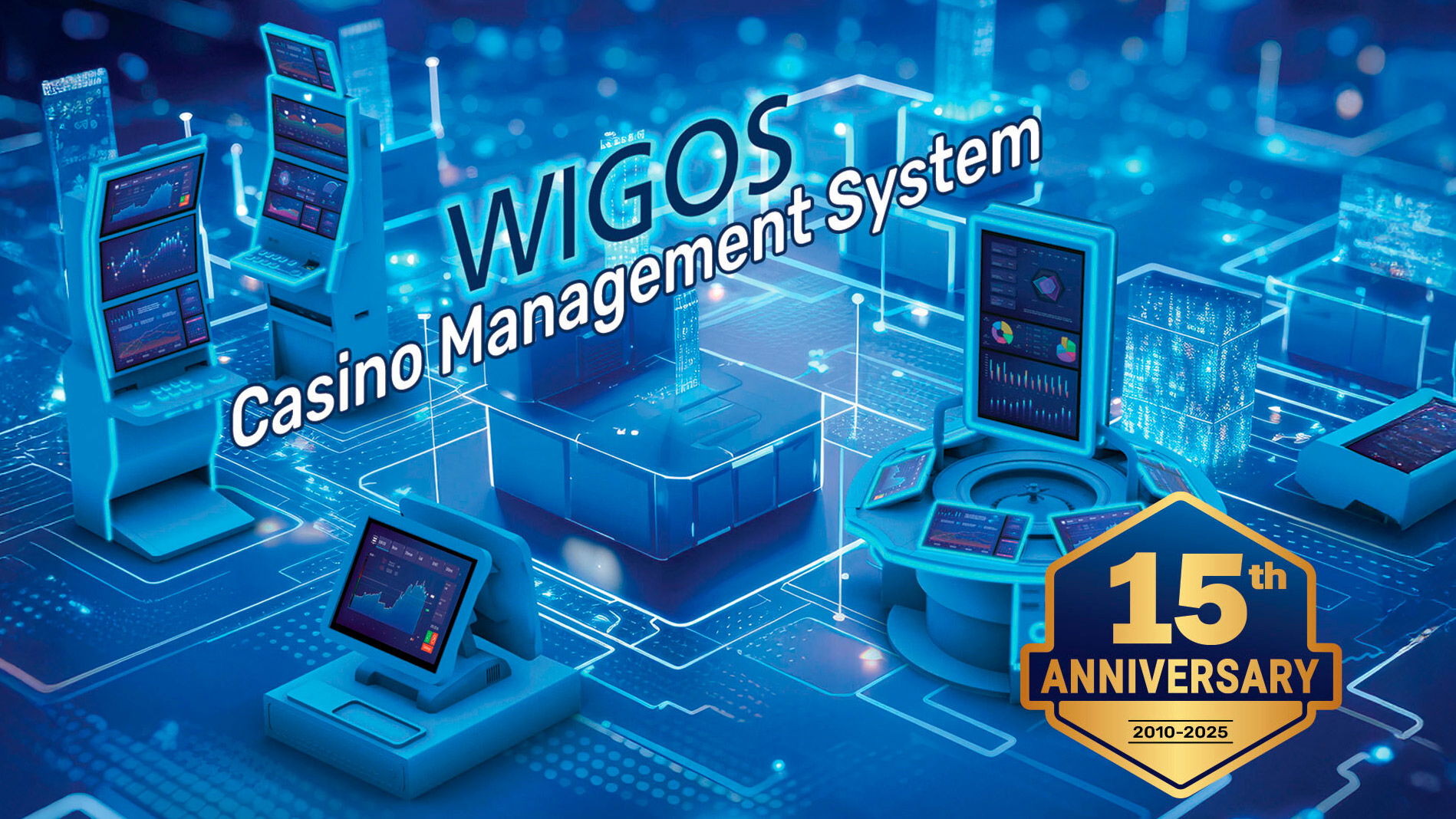What's disrupting esports betting?

Ron Mendelson is the Director of Costa-Rica based International Business & Corporate Services consultancy firm, Fast Offshore. With over 24 years of real-world experience in iGaming Licensing and Payments, Regulatory Compliance, Tax-Efficient Corporate Structuring, Incubator and other Hedge Fund Licenses, Blockchain and Cryptocurrency related services, he advises a number of international clients on their business needs in the Americas, Europe, and beyond.
In 2021, there are few millennials or GenXers that consume television or radio. Instead, online entertainment has become the de rigeur. Streaming, video games, mobile games, and gambling are some of the leading forms of entertainment available today. Out of each of these areas, gaming is the most popular, worth more than streaming, movies, and music combined. eSports has emerged as a breakthrough pastime within this area, whether it’s playing competitively or watching it. In fact, in 2019, the League of Legends World Championships was almost on a par with the Superbowl viewers.
But how did we get here?
eSports tournaments have been played since the 1970s. Over the years, as technology has progressed, it has become more popular and amassed more fans. Nevertheless, it remained on the fringes of the entertainment sector. As games graphics got better and specific titles gained cult followings, competitive gaming took off. Then, with the advent of the internet, people realized they could battle online and even stream games as entertainment.
With its loyal fans and followers, the sector grew steadily, but it wasn’t until 2020 that things took off. The first quarter of last year saw the start of the COVID-19 pandemic. By April, most countries were on lockdown, and almost all the sporting events in the world were cancelled. From football to soccer, tennis to taekwondo, all stadiums, arenas, and halls fell silent.
For operators of sports betting sites, this was a problem. Sports betting is one of the most lucrative forms of betting, but with no sports to bet on, operators panicked. Thankfully, along with the growing interest in eSports, an interest in betting on the outcome of tournaments also emerged. This meant operators could position eSports betting as a viable alternative to sports betting.
So, sports bettors began betting on eSports, and even after sports events started up again, a new sport had been added to the roster of betting sites.
So what’s next for eSports betting, and what elements are disrupting this evolving sector?
Crypto and blockchain
Cryptocurrency and blockchain are disrupting every sector imaginable. Finance, healthcare, education, and gambling are being streamlined and secured through both technologies. The beauty of crypto is it provides quicker and lower-cost transactions and makes it much easier to resolve disputes. As each transaction is registered on the blockchain, there can be no deletions or tampering taking place.
But not only that, cryptocurrency payments allow those that don’t have a bank account or don’t want them to gamble online. We must also note there’s a significant overlap between the types of people who use crypto and those who like eSports and are likely to bet on it. Providing cryptocurrency payments makes eSports betting more accessible for fans and bettors.
Connectivity and accessibility
Mobile usage is also likely to have a serious impact on the popularity of eSports. Smartphones with access to cost-efficient and fast internet are perfect for streaming on the go. Fans can tune in to watch tournaments and even place bets from wherever they are. As mobiles get better and the internet faster, eSports betting sites will see even more traffic. Some companies are also looking to provide betting for wearable devices and home assistants. This will make it much more convenient for people to place bets and keep up with the outcome of tournaments.
Skins betting
Skin betting or gambling is where players exchange virtual in-game items. These could be purchased or won items like weapons, lives, shields, clothing, or various others. In the eSports world, these items all have a value, usually dependent on how rare they are. As the style and quality of skins have improved over the years, they began to be used as a kind of digital currency. Sites popped up that allowed these skins to be gambled, but most were illegal. There’s a massive demand for skins gambling, so operators need to be ready to incorporate it legally into their offerings.
The last word
The eSports market is passing through a golden window of opportunity. Interest is high, and now is the time for existing operators to incorporate eSports betting into their portfolios. For those starting out or looking for new investment, eSports betting sites, platforms, and even software are great possibilities. To offer eSports betting of any kind, you need a gambling license, company, bank account, and payment solutions. You must also consider taxes and compliance on an ongoing basis. To help you take care of these matters and to assist you in achieving success, it always pays to partner with an experienced and professional corporate services provider.



















































